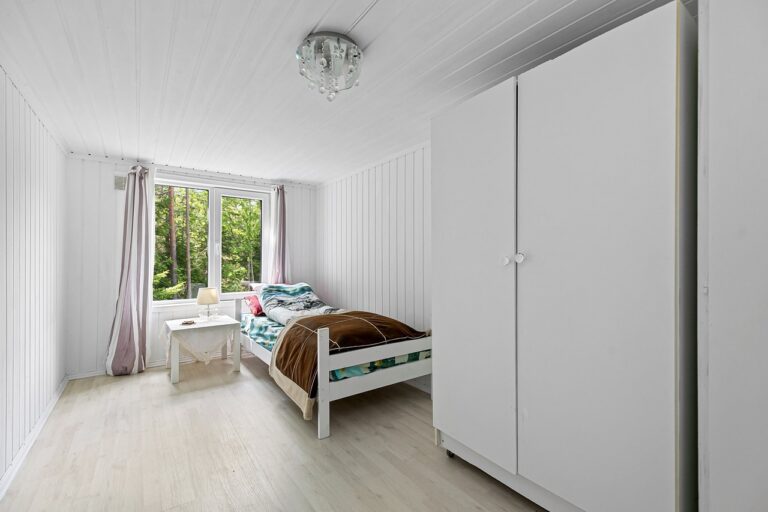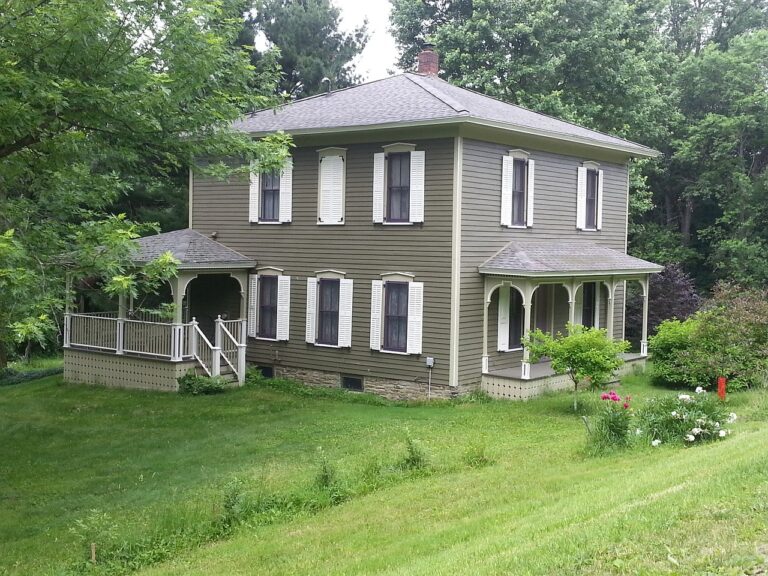The Benefits of Installing a Home Backup Generator
Power outages can occur unexpectedly due to various reasons such as severe weather conditions, equipment failures, or grid malfunctions. Having a backup power source at home provides a sense of security and peace of mind knowing that essential appliances and devices can still function when the main power supply is interrupted. This is especially important for individuals who rely on medical equipment that requires continuous power.
In addition to ensuring the functionality of critical equipment during power outages, a backup power source at home also allows for normal day-to-day activities to continue with minimal disruption. Having the ability to power lights, refrigerators, heating or cooling systems, and communication devices can make a significant difference in maintaining comfort and convenience during unexpected blackouts. Furthermore, a backup power source can also prevent potential damage to electronic devices and appliances from sudden power surges when the electricity is restored.
Increased Safety and Security During Power Outages
During power outages, safety and security are paramount concerns for homeowners. Without electricity, homes can become vulnerable to intruders due to darkened surroundings that offer cover for potential trespassers. With a backup power source in place, such as a generator, essential security systems like alarms and motion-sensor lights can remain operational, deterring any unwelcome visitors from approaching the property.
Moreover, during blackouts, the risk of accidents within the home increases significantly. Without proper lighting, navigating through spaces can become hazardous, leading to trips and falls. A backup power source ensures that vital areas of the house, such as staircases and hallways, remain well-lit, reducing the chances of accidents occurring. This added layer of safety not only protects the occupants but also provides peace of mind during challenging situations.
Why is having a backup power source at home advantageous?
Having a backup power source at home ensures that essential appliances such as lights, refrigerators, and medical devices can continue to function during power outages.
How does having a backup power source increase safety during power outages?
With a backup power source, homeowners can keep their homes well-lit, reducing the risk of accidents and injuries in the dark. Additionally, security systems can remain operational, deterring potential intruders.
What are some common backup power sources for residential use?
Common backup power sources for homes include portable generators, standby generators, and solar power systems with battery storage.
How can homeowners ensure the safety and proper functioning of their backup power sources?
Homeowners should regularly maintain and test their backup power sources to ensure they are in good working condition. It is also important to follow all safety guidelines and instructions provided by the manufacturer.
Are there any potential risks associated with using backup power sources?
Improper installation or operation of backup power sources can result in carbon monoxide poisoning, electrical fires, and other hazards. Homeowners should always exercise caution and seek professional help if needed.







